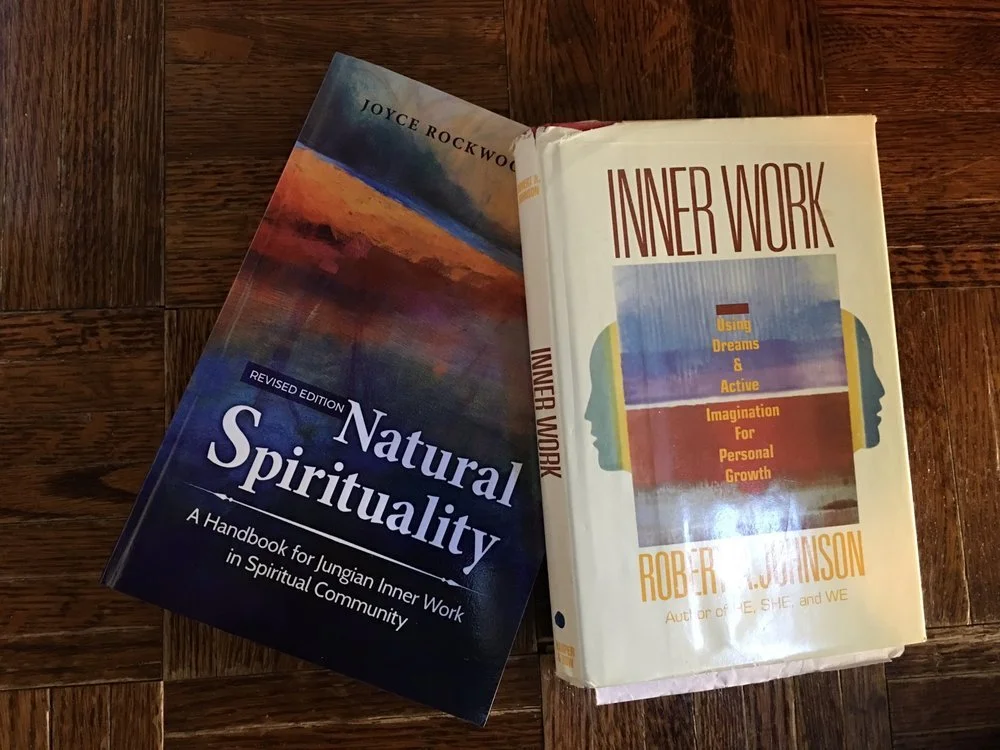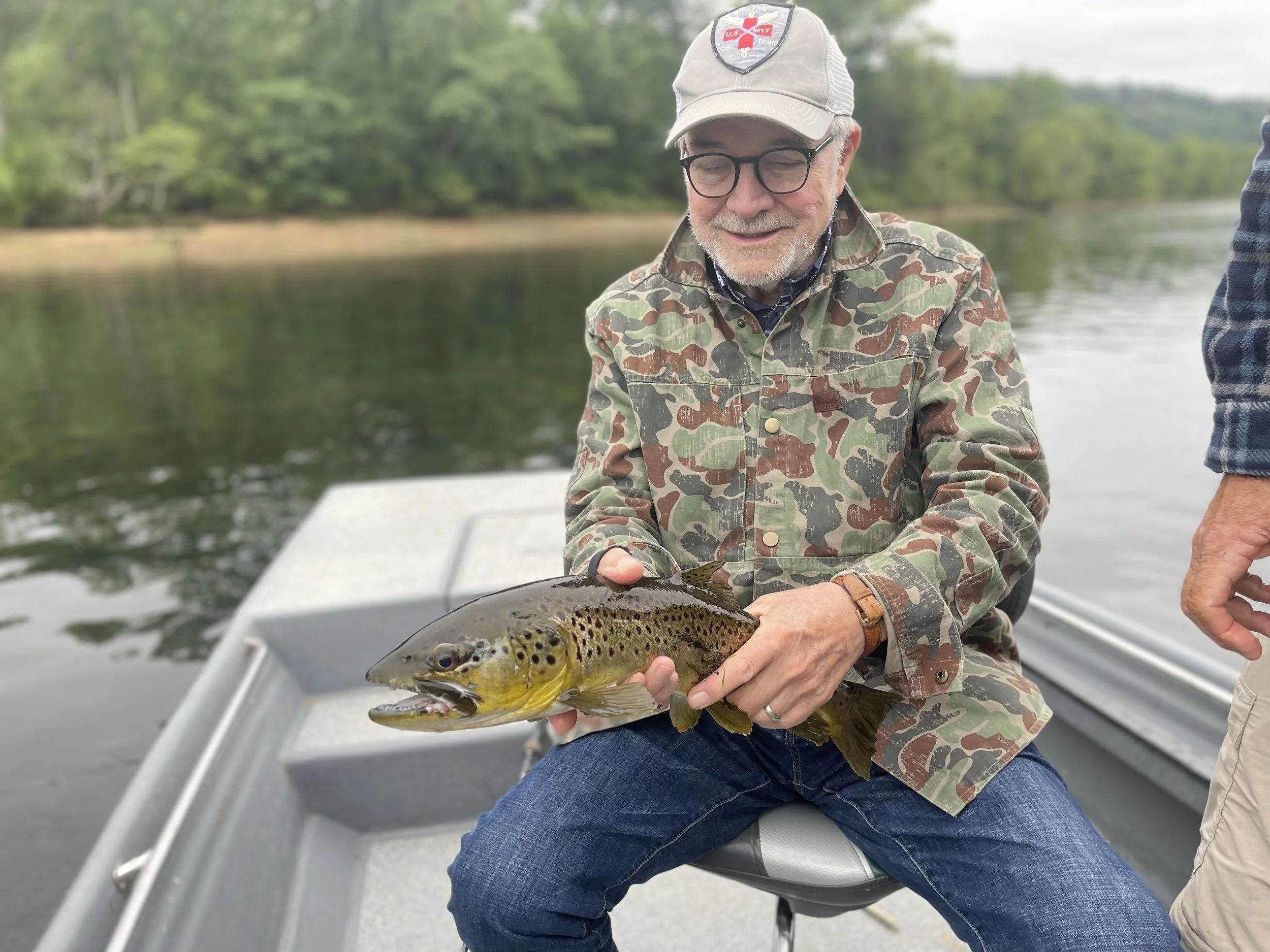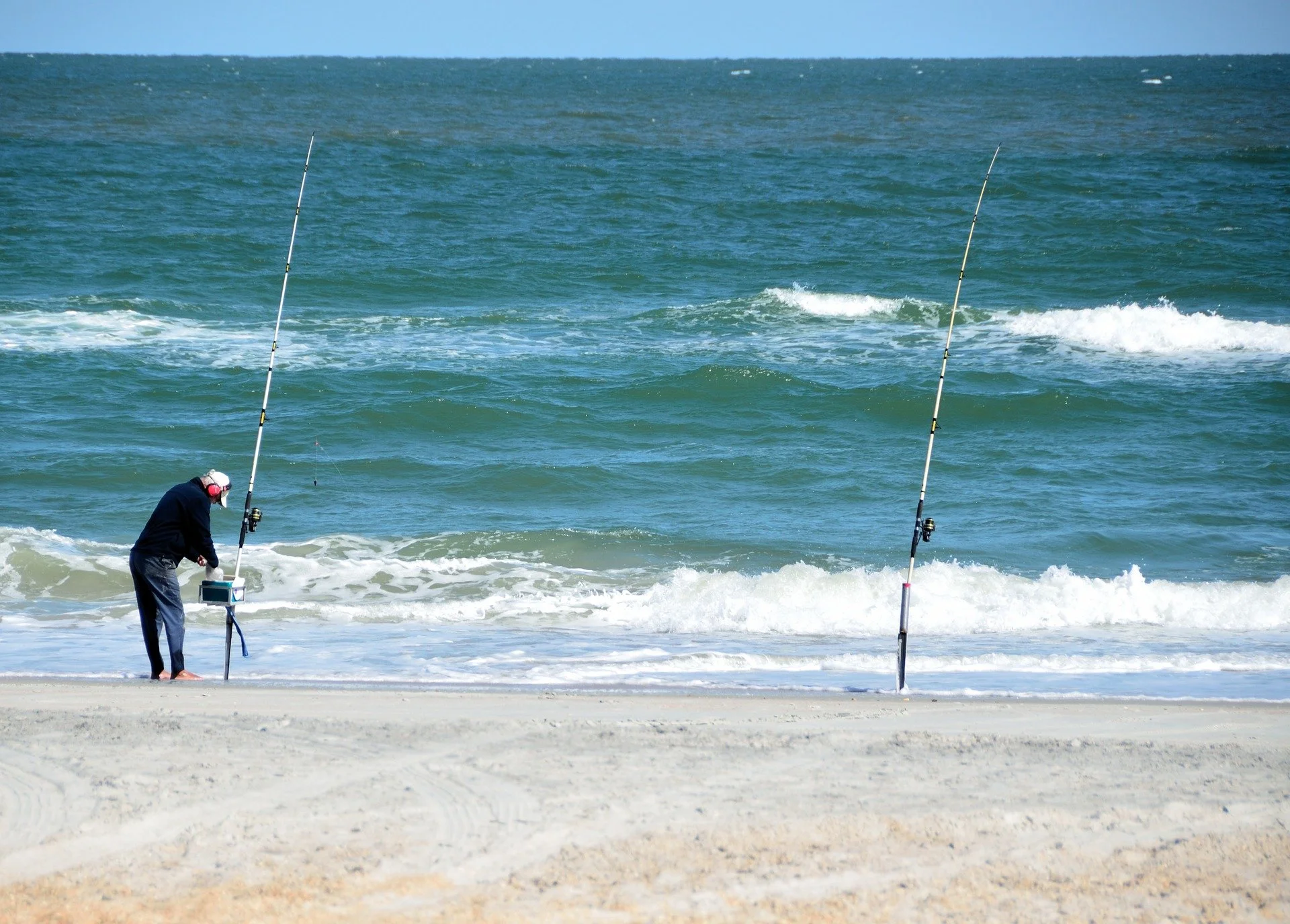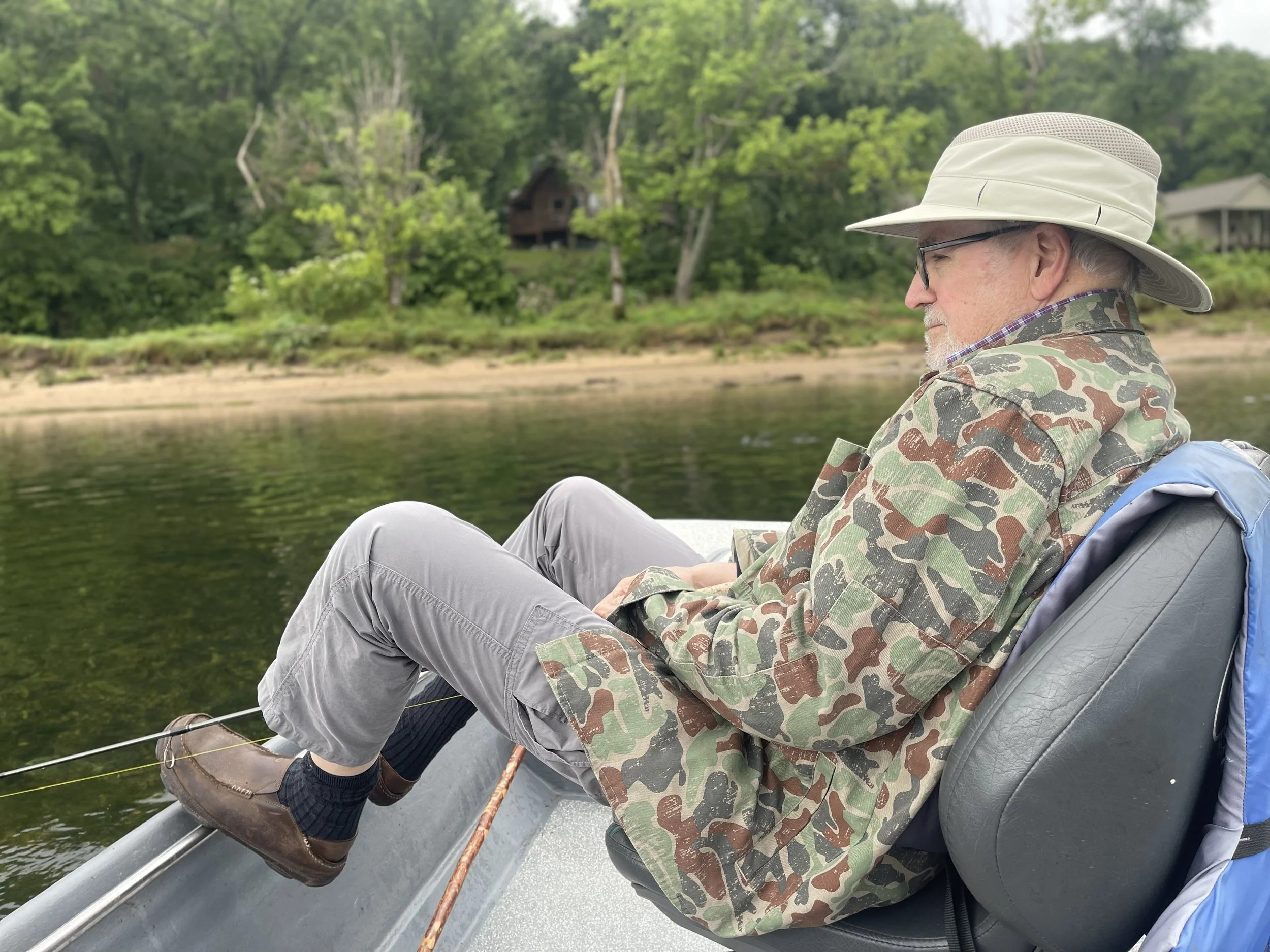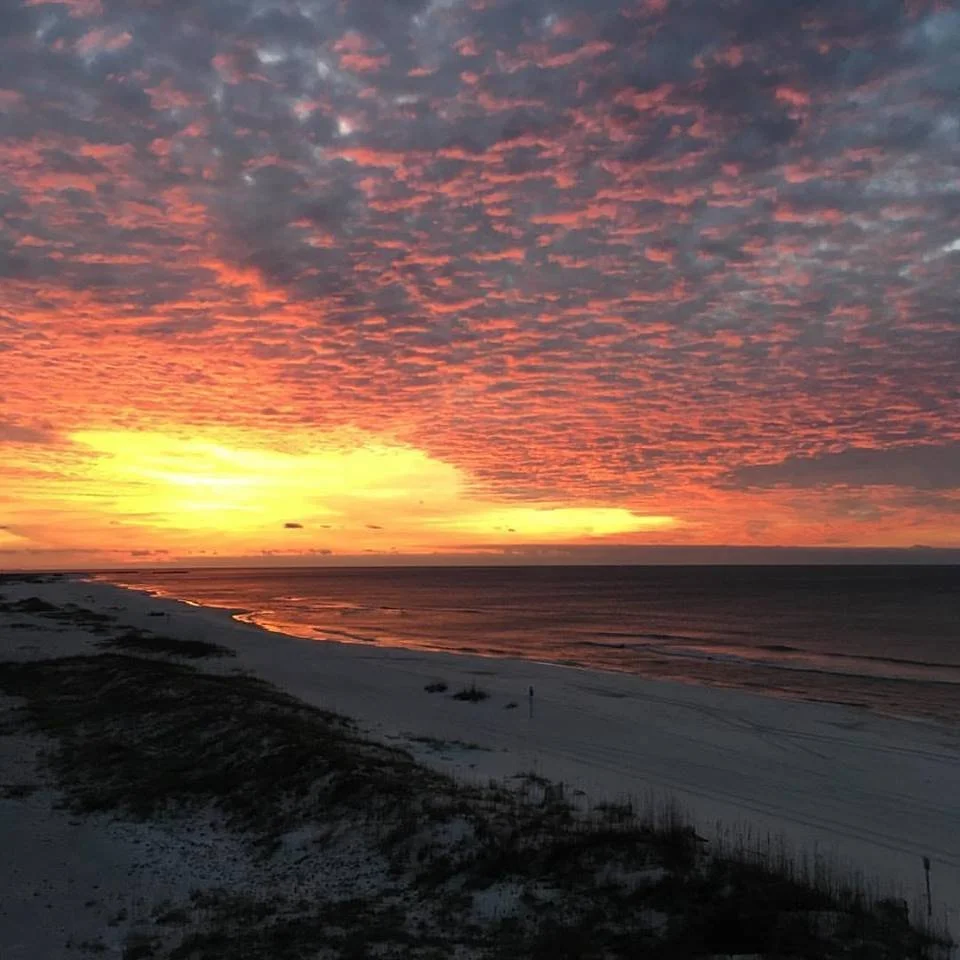Johnson: Inner Work
“All forms of interaction with the unconscious that nourished our ancestors—dream, vision, ritual, religious experience—are largely lost, dismissed by the modern mind as primitive or superstitious. In our hubris, our faith in our unassailable reason, cuts ourselves off from our origins in the unconscious and from the deepest parts of ourselves.”—Robert Johnson in Inner Work: Using Dreams and Active Imagination for Personal Growth (Harper & Row, 1989).
My spiritual director recently posted this quote on Facebook. It is an affirmation of an alternative path that many are beginning again. Our book group reread the revised version of Joyce Rockwood Hudson’s Natural Spirituality. Recently, we were in a clergy group, and announced that we were studying Natural Spirituality. Two members who had recently finished seminary had no idea what we were talking about. They were even more in the dark when we mentioned dream work and maybe a little suspicious. However, older clergy in the group had been studying dreams for some time and affirmed the value of the study.
We have been involved in dream groups for over thirty years. Dreamwork is one of the many ways to discern what God calls us to do. My experience is that it is vital to participate in a group of people studying their own and each other’s dreams. Unfortunately, most of us find it challenging to discern dreams by ourselves.
There are many factors to consider. Dreams tell us something we don’t already know. Parts of ourselves may block new information.
Think of our experience in other discussion groups when novel ideas come up. At least one person invariably flings out an automatic “no” to an alternative way of doing things. “That is not how we have done it in the past.” It always takes time for the entire group to process the information and decide to go in a new direction.
Likewise, a dream group of friends looking at a dream from outside of our own ego may gently guide us in a new direction that the automatic “no” part of us might have shut down. We look for these insights into our inner life until the light bulb turns on inside and outside us. I like Joyce Rockwood Hudson’s subtitle of her book, A Handbook for Jungian Inner Work in Spiritual Community.
Joanna https://www.joannaseibert.com/
